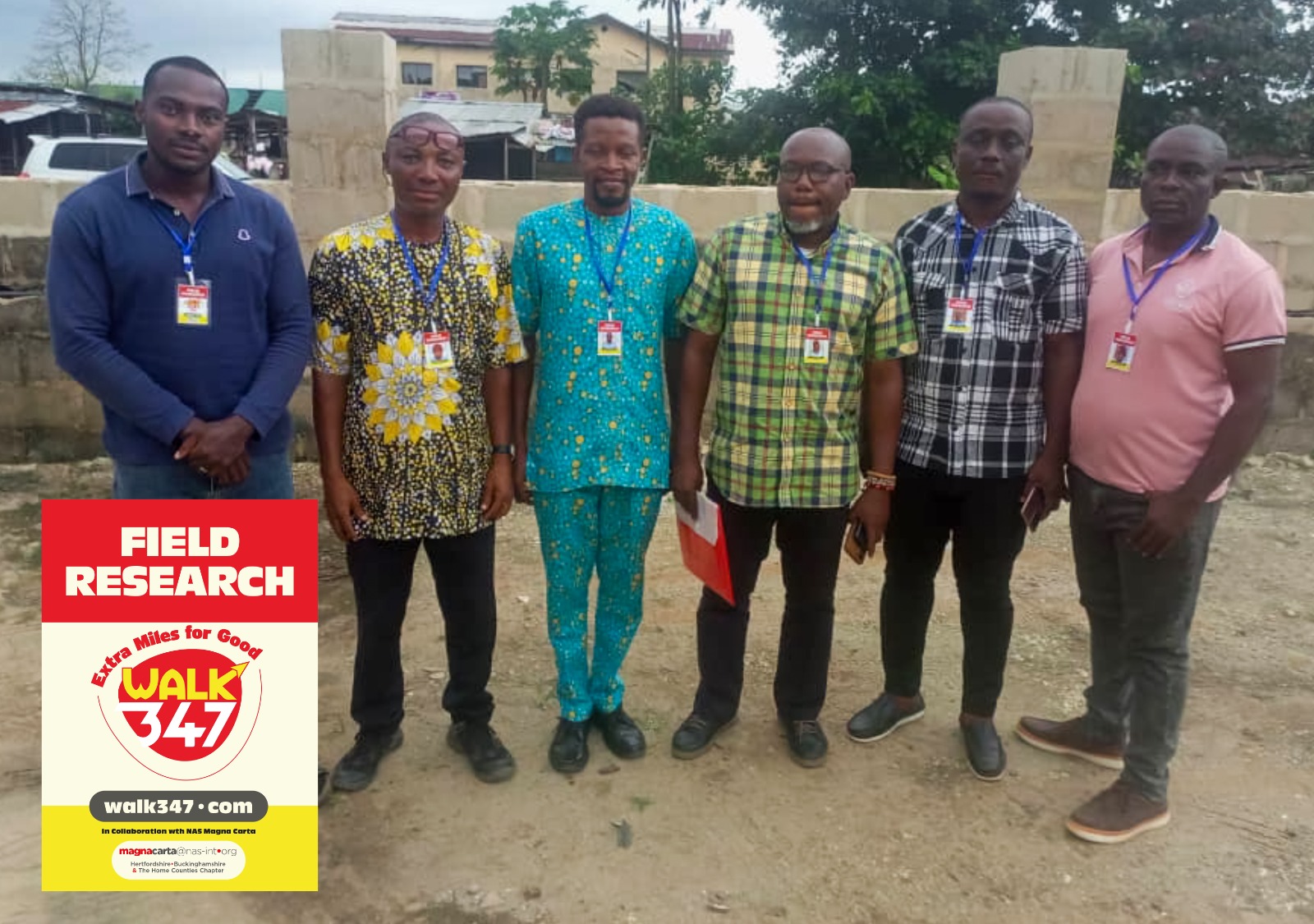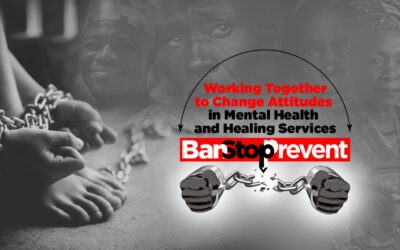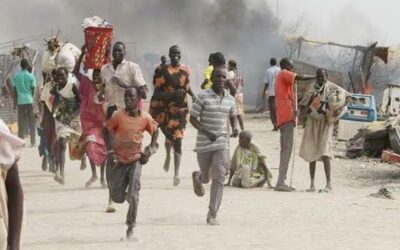The BanStopPrevent Advocacy Project has officially launched its pilot field research across three Ubakala, Umuahia, and Abia State communities: Apumiri, Mgbarakuma, and Nsukwe. This pilot study aims to explore perceptions of mental health, investigate attitudes towards harmful practices such as chaining, and uncover the factors that either promote or inhibit change within these communities.
The BanStopPrevent Advocacy Project’s field research is driven by a dedicated six-member team:
- Uche Nwagbo (Country Team Lead)
- Christian Abuajah, PhD (Coordinator, Field Research)
- Cajethan Aguzie
- Stanley Ihugba
- Iheanyi Uzuegbu
- John Chiori
Organised into three sub-teams, each consisting of two researchers, this structure allows for efficient coverage across the three targeted communities: Apumiri, Mgbarakuma, and Nsukwe. The researchers work closely with community leaders and local guides. Their collective efforts have been instrumental in navigating the logistical challenges of fieldwork while maintaining cultural sensitivity and respect for community dynamics. This collaborative approach has enabled the research to progress smoothly, gathering meaningful insights and fostering trust within the communities.
Field Report: Day 1
Our first day of research began in Apumiri, where we were warmly welcomed by the Community Head. However, he requested a formal introduction to the entire community at a Town Hall meeting the following day. Despite this, we managed to interview four participants, although technical difficulties and challenges in locating participants slowed the process.
In Nsukwe, the Regent-King and his Cabinet gave us their full support. A Youth Leader was assigned to guide us through the village, though the community asked for 24 hours to sensitise the villagers to our presence and goals. Eight interviews were completed, half of which involved community leaders. Transportation to Nsukwe posed difficulties, as long motorcycle rides over rough terrain highlighted the need for improved logistics.
Our final stop for the day was Mgbarakuma, where we met the community’s traditional ruler, the Eze, who was very supportive of the research. He assigned his Prime Minister to assist us, but due to time constraints, we were only able to complete one interview. However, we formed strong relationships with the local leadership, securing commitments for further cooperation and local assistance.
Field Report: Day 2
On the second day, we returned to Apumiri and conducted 10 interviews. We also attended the Town Hall meeting, where community leaders officially received us and provided a youth guide to support our research efforts.
In Nsukwe, our Youth Leader guide introduced us to the wider community at a village meeting. Despite the warm reception, the economic hardship faced by the community surfaced as a significant issue during our discussions. We completed seven interviews, including one with a local nurse, gaining deeper insights into community attitudes towards health and well-being.
We returned to Mgbarakuma, informed the Prime Minister of our arrival, and began our interviews. Although there were delays in securing the local youth leader’s support, we managed to conduct 16 interviews by the end of the day.
Field Report: Day 3
At Nsukwe, we conducted 13 interviews, including a Spiritual Healer facilitated by our guide. Teachers at the local school also participated. A visit to the Community Health Centre is planned for tomorrow. The community was more receptive today due to our guide’s efforts.
Nine interviews were conducted at Mgbarakuma, with one of them through an interpreter. We visited the local health centre, but attempts to interview one of the religious leaders in the community were postponed. The redesigned rating questions improved interview flow and comprehension.
The team at Apumiri, interviewed participants from various backgrounds, overcoming initial misunderstandings about the research focus. With the assistance of a youth guide, we conducted several successful interviews, including with families of traditional healers. Overall, the day was productive across all communities.
Conclusion
This pilot research has encountered both logistical and operational challenges, yet we have successfully conducted initial interviews and established strong community relationships. These early engagements are crucial for refining our approach as we continue to adapt and improve transportation, participant engagement, and the overall research process. The insights gained from the first days of fieldwork have laid a solid foundation for the next steps in the BanStopPrevent Advocacy Project’s journey toward understanding and addressing harmful practices.
The BanStopPrevent mental health advocacy is a project of Walk347, United Kingdom, in conjunction with NAS Magna Carta (the Hertfordshire/Bedfordshire and Home Counties chapter of the National Association of Seadogs, an organisation in Special Consultative Status with the United Nations Economic and Social Council since 2021).
For more information, visit www.walk347.com or www.nas-int.org
Christian Abuajah, PhD
Is the Field Research Coordinator for the BanStopPrevent Mental Health Advocacy Project




